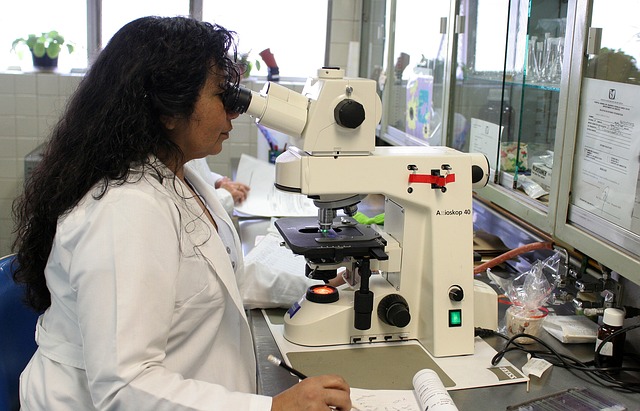Aggregated News

Genome-wide sequencing is increasingly being conducted on fetal tissues, either as whole exome sequencing (WES), whole genome sequencing (WGS), or targeted analysis that uses clinical panels. These kinds of prenatal sequencing are sometimes done when more standard genetic tests have not yielded helpful results to explain structural anomalies, or if a specific genetic condition is suspected that would not be detected through other prenatal tests. While such sequencing is more likely to yield a positive result, it comes with its own set of risks and challenges – for instance, it is more likely to detect variants of unknown significance and other results that lead to excessive testing and stress on parents without significant benefit.
The International Society of Prenatal Diagnosis (ISPD), in conjunction with the Society of Maternal Fetal Medicine (SMFM) and the Perinatal Quality Foundation (PQF), just issued a joint position statement on the use of genome-wide sequencing for fetal diagnosis. While they recognize that sequencing can be useful in some instances, they generally take a cautionary approach. Based on “lessons learned from existing prenatal testing,” along with...



